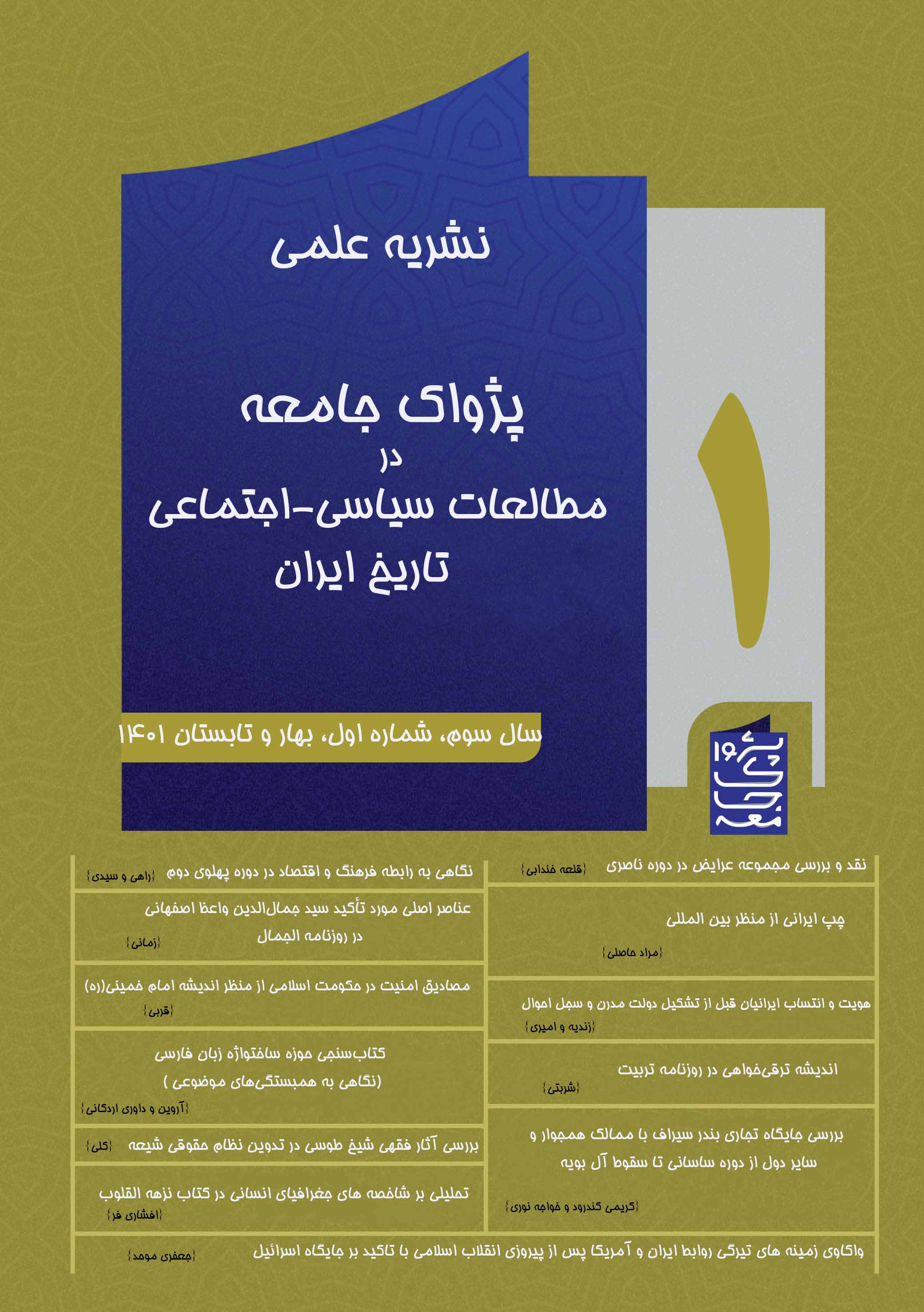Structural-functional, social and cultural developments of rural settlements and its relationship with rural development (case study: villages of Khan Mirza, Chaharmahal and Bakhtiari provinces)
Keywords:
Functional-structural changes, rural development, social and cultural changes, Khan Mirza cityAbstract
Rural development in Iran, despite the many necessities and undeniable requirements, has not been able to achieve its goals as it deserves due to various reasons. Among the most important of these reasons, we can mention: Lack of capital and specialized manpower, limited land and water and soil resources and technology, low level of productivity of production factors, incorrectness of some policies and inadequacy of government activities, low level of people's participation, etc. The increase in rural-to-urban migrations has occurred due to institutional, structural, economic, social and technological changes, structural-functional changes in different dimensions in the country's rural settlements. The coincidence of these developments with the failure to find rural development strategies in Iran has created a new aspect of rural development. Therefore, this research examines the relationship between the aforementioned developments and rural development in the Khanmirza city of Chaharmahal and Bakhtiari provinces after the victory of the Islamic Revolution and comparing it with the 1970s. Based on the findings from the descriptive field studies and the data from the household and village management questionnaires, it has been achieved to calculate the correlation between the most important variables in the indicators of structural-functional changes in rural development.








